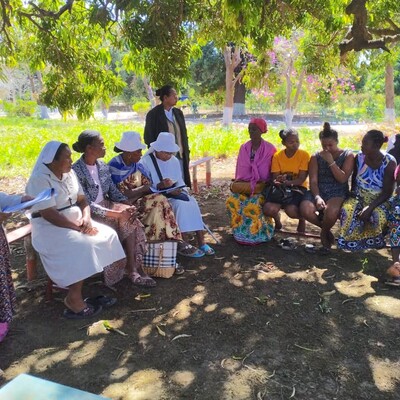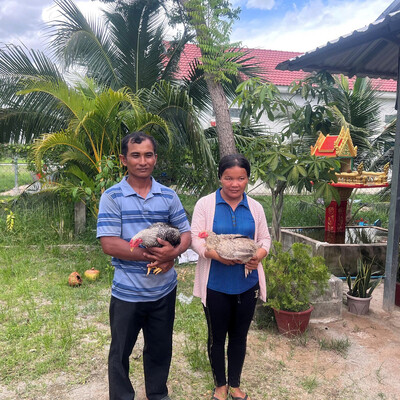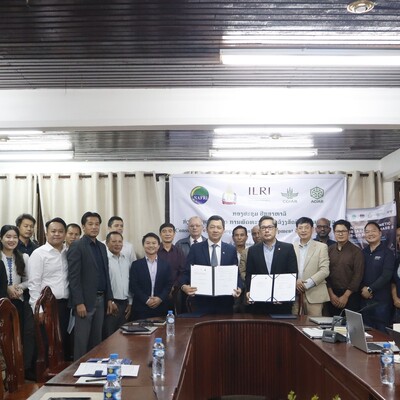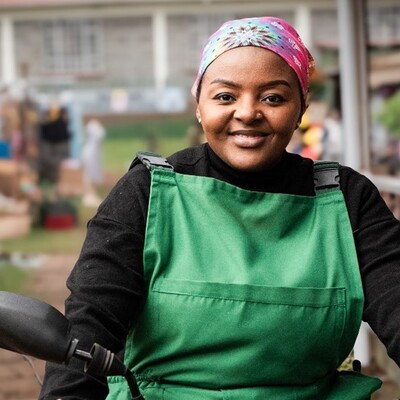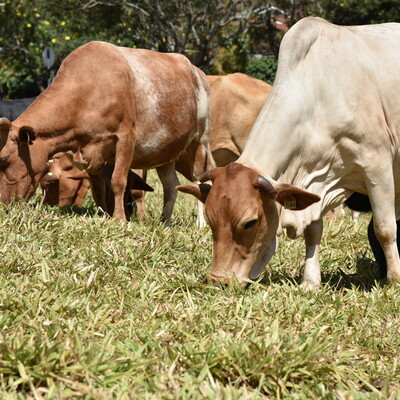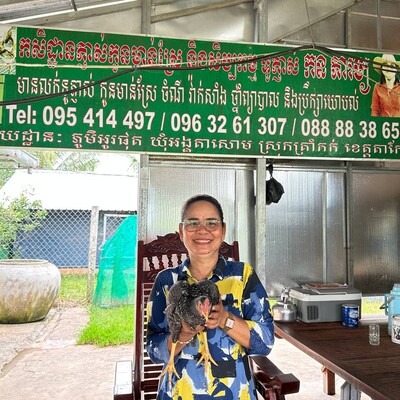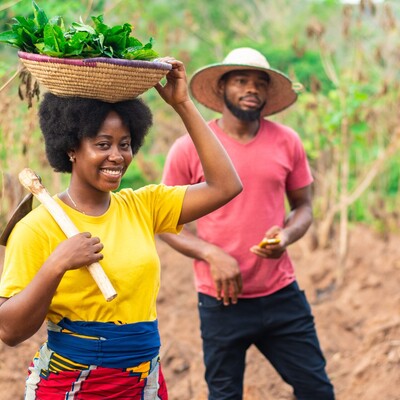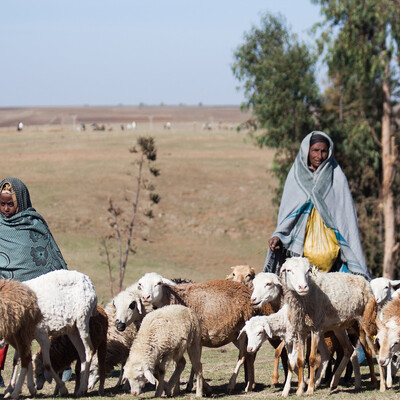
Kenya's livestock experts propose revisions to Rift Valley fever contingency plan
Posted on
Rift Valley fever (RVF) virus is a zoonotic disease affecting livestock and people, spread through contact with blood or body fluids, or through bites from infected mosquitoes. Kenya has been facing recurring outbreaks of RVF since the discovery of the virus in the early 1900s, with the most recent outbreaks in Wajir and Isiolo counties in 2023. Since heavy rains can increase RVF outbreaks by influencing disease transmission, it is particularly important to be well-equipped ahead of the El Niño rains.
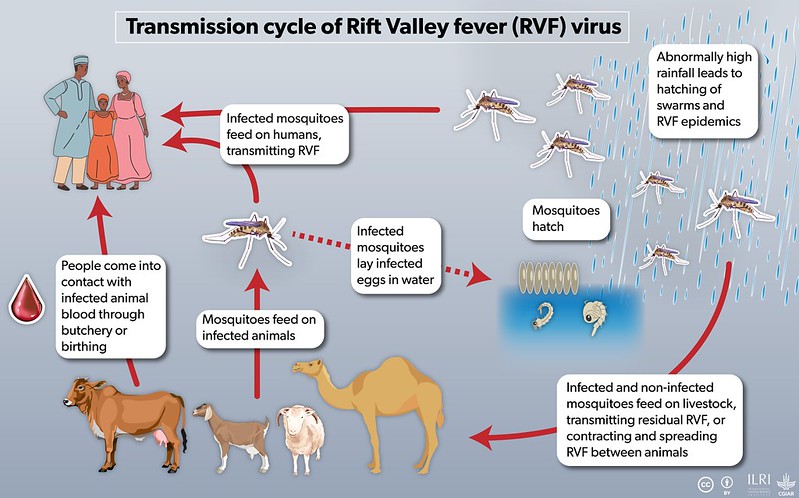
To ensure preparedness, the Kenyan government developed the RVF contingency plan (CP) to serve as a reference tool in the management of RVF outbreaks. The CP provides information on the distribution of the disease, actions that need to be taken to minimize risks, and ways of coordinating efforts between agencies and organizations.
The CP was first published in 2014 and, to ensure it remains up to date, was recently reviewed in a stakeholder workshop convened by the Department of Veterinary Services in partnership with the Ministry of Health in Naivasha on 22–23 November 2023. Participants at the workshop co-hosted by the International Livestock Research Institute (ILRI) proposed some modifications, including reviewing and updating the CP risk map.
Two researchers from ILRI, Zoë Campbell and Esther Omosa, gave presentations on recent findings from ongoing RVF research before discussions on the CP took place. Omosa covered the impact of RVF outbreaks on human nutrition, including direct pathways (for example, the death of the animal, and reduced production from sick animals) and indirect pathways (such as trade embargos, market closure and reduced livestock movement). Omosa said:
"Livestock are key sources of livelihoods because the food sources they produce are high in important nutrients. Reducing access to them through direct or indirect pathways negatively impacts human health, especially in children and child-bearing women."
Campbell focused on the gendered barriers to vaccinating animals against RVF. Gender is a key issue because women are less likely to have their animals vaccinated when faced with additional social and economic barriers, such as being intimidated in vaccination queues, not receiving information on vaccination schedules on time, and vaccination times conflicting with household responsibilities. Campbell also highlighted the cyclical importance of reducing gender barriers, as ‘gender equity can improve animal health, and improving animal health can progress gender equity’.
ILRI scientist Bernard Bett concluded the presentations, stating:
"In the future, we hope that assessing the impacts of RVF will include impacts like gender and nutrition."
Following ILRI’s presentations, the workshop attendees reviewed the changes made to the current version of RVF CP, developed a roadmap for the approval, launch and dissemination of the revised version, and discussed preparedness and response plans by high-risk counties. Once final approvals are completed, the updated RVF CP will be published by the Kenyan government.
Meeting attendees included selected staff from the Department of Veterinary Services, Division of Disease Surveillance and Response in the Ministry of Health, as well as representatives from the Ministry of Environment, county governments, training institutions and international institutions, including the Centers for Disease Control and Prevention (CDC). Peninah Munyua from the CDC noted that ‘we aim to mitigate impacts of disease in human and animal populations.’
This CP project and workshop was funded by the United States Agency for International Development (USAID) Office of Economic Growth. Attending the workshop was USAID representative Joseph Wanyoike, who stated that ILRI and USAID ‘have had a long-term relationship,’ and that ‘for the purposes of this engagement, we work collaboratively with the [USAID] economic office, focusing on security.’
You may also like
Related Publications

Harnessing community conversations for gender-responsive engagement in livestock management in Ethiopia: a methodological reflection
- Lemma, Mamusha
- Alemu, Biruk
- Knight-Jones, Theodore J.D.
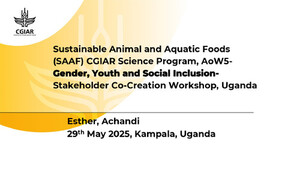
CGIAR Science Program on Sustainable Animal and Aquatic Foods : Gender, youth and social inclusion area of work
- Achandi, Esther L.

Effects of livestock related gender roles on pastoral children and their implication to RVF risk exposure
- Mutambo, Irene N.
- Bett, Bernard
- Bukachi, S.A.





